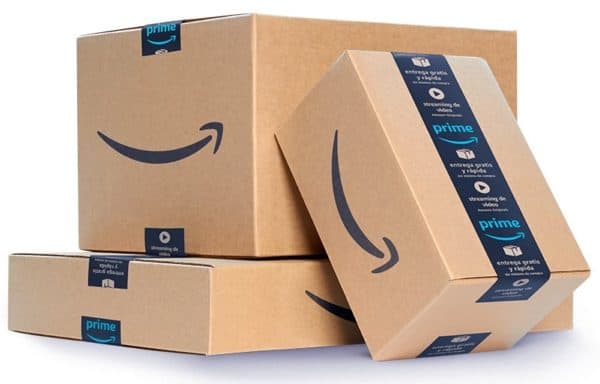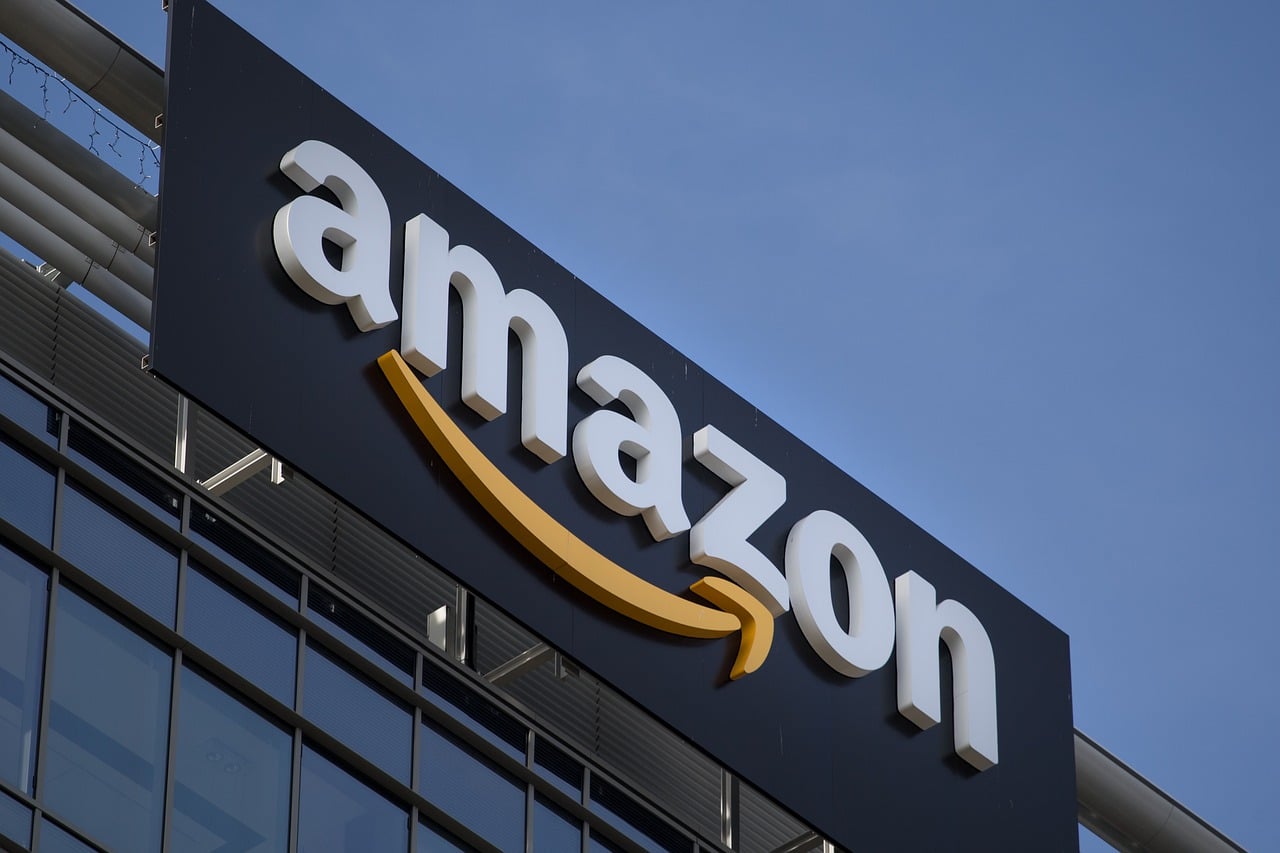
 Amazon (Amazon Stock Quote, Chart NASDAQ:AMZN) shares dropped sharply on Friday as the market reacted to an earnings report that missed consensus on revenue and offered weaker-than-expected guidance for the upcoming holiday season.
Amazon (Amazon Stock Quote, Chart NASDAQ:AMZN) shares dropped sharply on Friday as the market reacted to an earnings report that missed consensus on revenue and offered weaker-than-expected guidance for the upcoming holiday season.
And while the stock has certainly taken its lumps over the month of October, investors shouldn’t worry, says Michael Pachter of Wedbush Securities, who argues that the company’s path to world domination has never been clearer.
Amazon’s third quarter financials featured an EPS of $5.75 per share, well above the expected $3.14 per share, while its revenue came up a little short of the consensus at $56.6 billion versus the expected $57.10 billion. As well, the e-commerce giant offered up guidance for its Q4 that put its revenue between $66.5 billion and $72.5 billion, markedly lower than the expected $73.79 billion. (All figures in US dollars.)
Those numbers sent the stock down in Friday’s trading, closing the week at $1642.81 and putting AMZN down 18.8 per cent for the month of October.
But the downturn has little basis in the company’s fundamentals, says Pachter, managing director of equity research and analyst at Wedbush Securities, who spoke to BNN Bloomberg on why he’s still pro-Amazon.
“If you want to look at fundamentals they missed on revenue by a little tiny bit, literally half a billion on a $56-billion number and they missed on Amazon Web Services growth —it had been in the high 48 per cent growth over the first half of the year and it was 46 per cent [in Q3], which again, we’re talking about a $100-million delta on a six or seven-billion number, so it’s really not that big of a deal,” Pachter says.
“But investors freak out when the growth story is disrupted,” he says.
Pachter says the mix of sales at Amazon has begun to skew towards third-party sales in contrast to Amazon’s first-party sales, which can appear as lower overall sales but entails a higher profit margin. The business model is an overwhelming success for both Amazon and the third-party manufacturers but will continue to be devastating to retailers, Pachter says.
“If you’re Nike and you sell a $100 pair of sneakers at retail, you’re selling them wholesale for $50. If you’re selling them through Amazon, you’re getting $100, so you’re willing to pay Amazon $29 in listing fee, warehousing fee and shipping, and you’re still making an extra $21 instead of the $50 that you’d normally get wholesale,” he says.
“The point is that the retailer is getting screwed,” he says. “They’re not getting their $50. It’s going to Amazon and to Nike and it’s in Nike’s best interest to do that. This is a brilliant business model. It’s good for manufacturers, great for Amazon but terrible for retailers.”
Pachter says the rollercoaster ride for Amazon’s stock price could continue for the foreseeable future but that the company’s prospects are more than solid.
“If you want to make a bet that Amazon’s going to go from 1.5 per cent of global retail to five per cent —and I’d say that is a near-certainty— then you just own that thing and keep your eyes closed and hang on for the ride,” he says.
Disclosure: Jayson MacLean and Nick Waddell own shares of Amazon
Leave a Reply
You must be logged in to post a comment.






 Share
Share Tweet
Tweet Share
Share




Comment